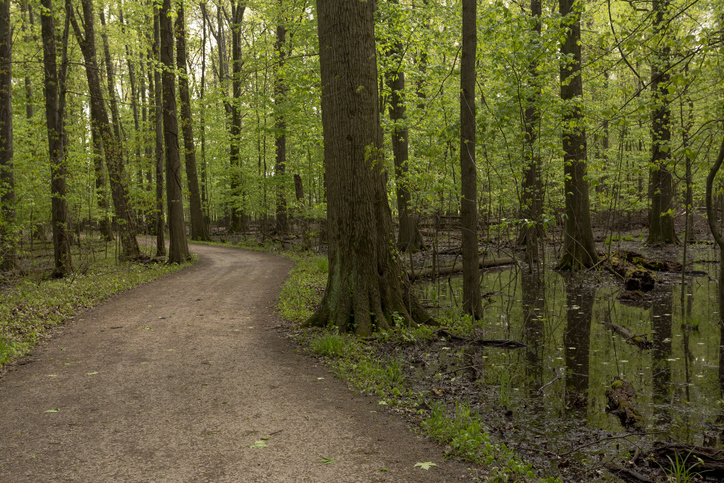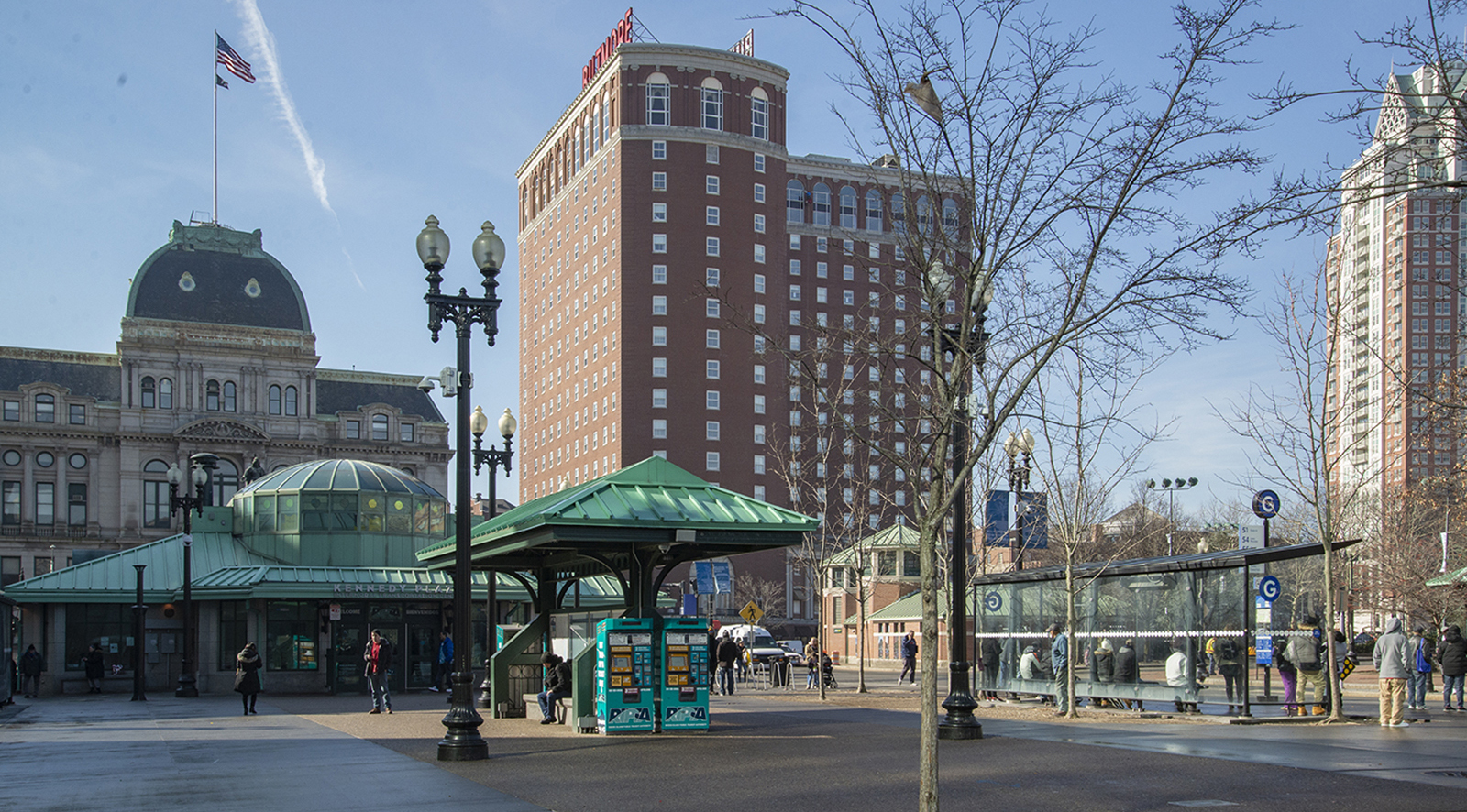Exeter’s Commercial Greenhouse Project Shouldn’t be Exempt from Property Taxes
June 18, 2021
Ken Ayars, chief of the agriculture division of the Rhode Island Department of Environmental Management, is an advocate of blending traditional farming and technology. As an Exeter resident and past member of the Exeter Town Council and Planning Board, I am also am an advocate of blending traditional farming and technology.
However, the proposed controlled environment agriculture project as presented in the Schartner’s proposed zone amendment — Rhode Island Grows LLC has proposed building a 1-million-square-foot closed facility to grow tomatoes on Schartner Farms property — is problematic for several reasons, including nonconformance with Exeter’s comprehensive plan and circumventing the town regulatory process.
Similar to the rush by the Rhode Island Office of Energy Resources to aggressively promote utility-scale solar systems, controlled environment agriculture is a new land use that Exeter did not anticipate. The Planning Board had no choice except to send a negative recommendation to the Town Council that the Schartner zone amendment, as written, was inconsistent with the town’s comprehensive plan.
In actuality, the Planning Board needed more time to review and modify the zone amendment for it to comply with the comprehensive plan. Unfortunately, the applicant refused to extend the 45-day time limit to allow the necessary review.
It is troubling that despite not completing any town review process or receiving any town regulatory approvals, Rhode Island Grows held a groundbreaking ceremony June 1 that included a number of high-ranking state officials and the president of the Exeter Town Council in attendance. It also appears that construction also is underway in earnest without building permit(s).
The sheer scale of this proposed project is immense and is inconsistent with the comprehensive plan, which advocates for small-scale development that is consistent with Exeter’s rural character.
As an architect, it is apparent that the proposed industrial-scale greenhouse with concrete footings and foundations and glass or polycarbonate roofs and walls does not qualify as a traditional greenhouse, which is much smaller in scale and is a temporary structure. Such a large structure housing many employees poses serious safety issues. It is imperative that those issues be addressed by the town building inspectors and fire marshal.
Controlled environment agriculture is a new farming technology that is more appropriately located on sites that do not displace fertile agricultural soils like those at Schartner Farms. This technology should be used to increase agricultural production but not at the expense of traditional farming production.
In addition to growing tomatoes, the structure is to include administrative offices and processing, packaging and shipping operations. Currently, traditional farms are exempt from local property taxes and do not contribute to the fiscal operations of the town. This new type of agriculture blending farming and technology is actually a large commercial/manufacturing business whose product is proposed as tomatoes.
However, in the future that product could be changed to something else that is more profitable, like marijuana. As such, it is imperative that it be properly regulated and just as important as a commercial/manufacturing business it should not be exempt from local taxation.
Exeter, R.I., resident Frank DiGregorio is a former Town Council and Planning Board member.




Some people just don’t get it
Its a green house on a farm in Exeter
Lets do it